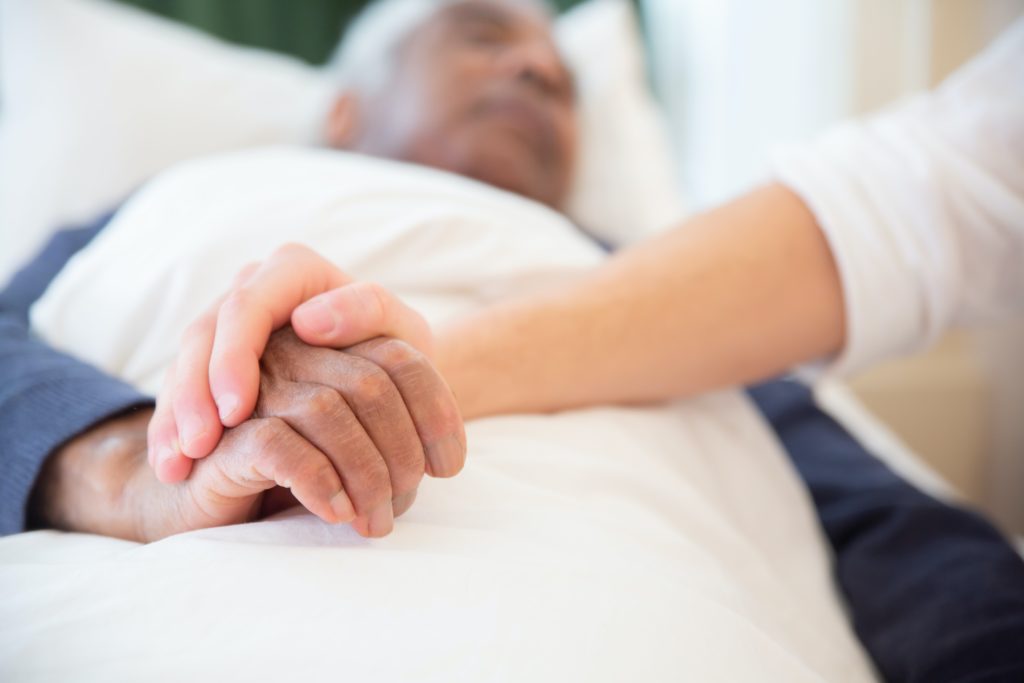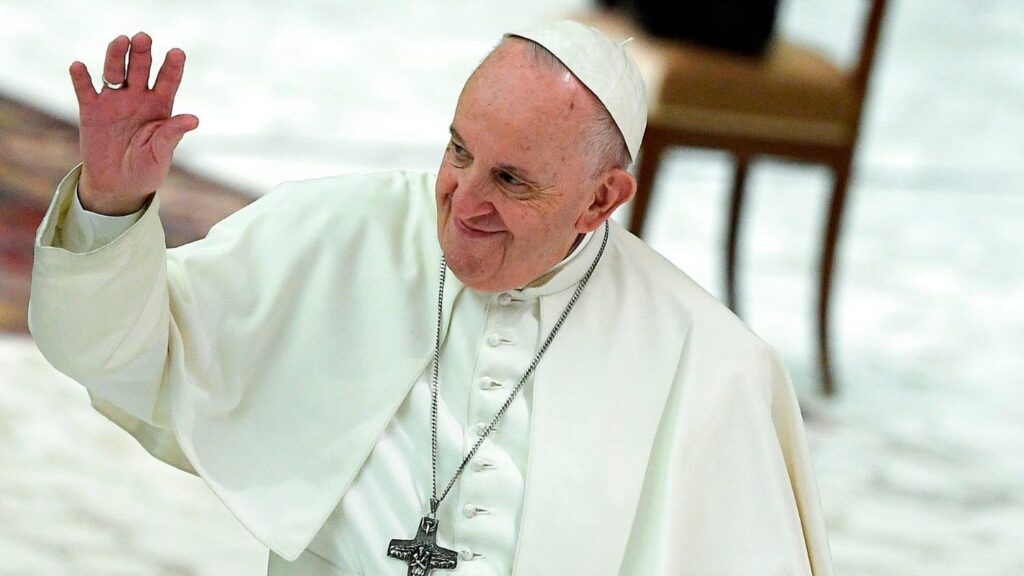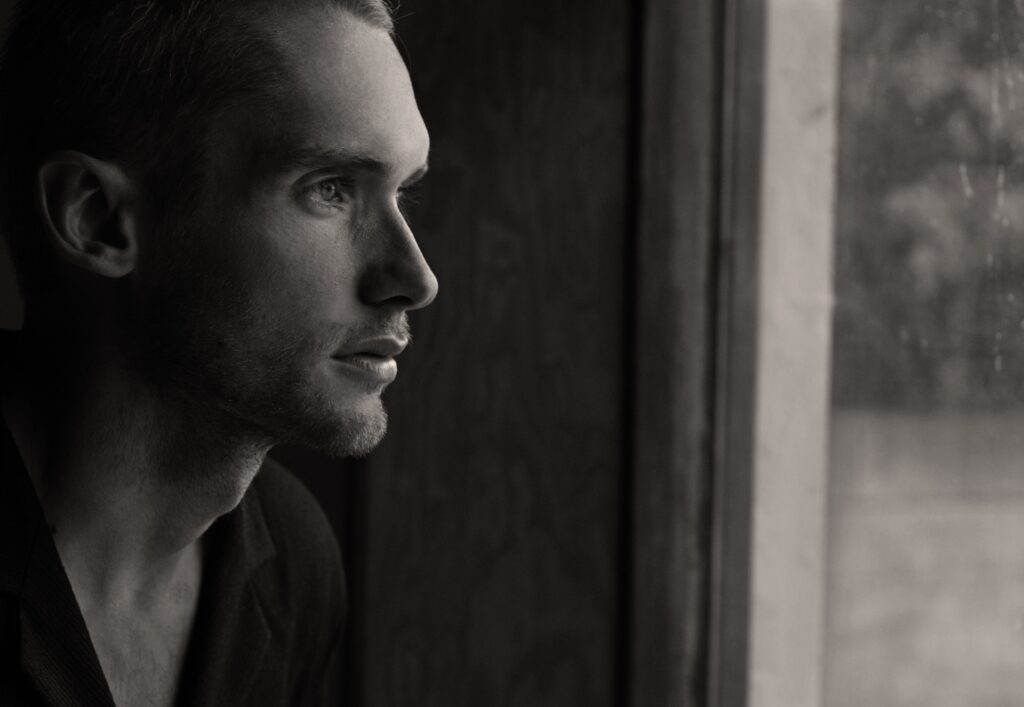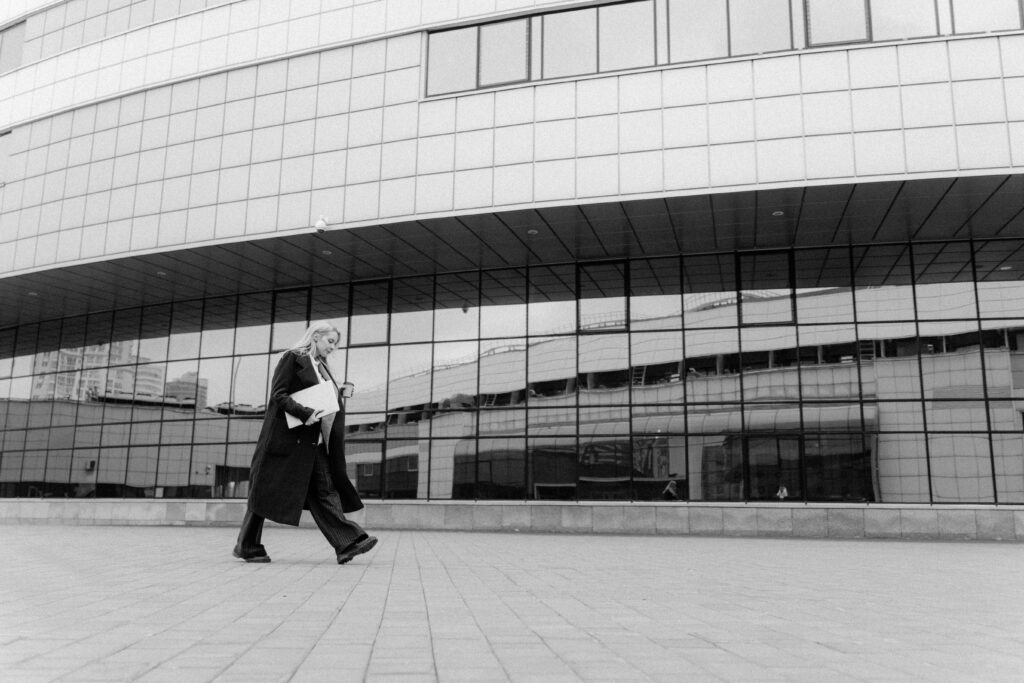‘Science’s Extreme Unction’
The Majority of Catholics Die Without the Sacraments

Priest and psycho-therapist Alfons Gea offers this article entitled “Science’s Extreme Unction,” in which he reflects on the current relegation of Extreme Unction and the almost absent practice of the Viaticum as Sacraments of the end.
***
As a result of reading the account of a family member’s death, written by the protagonist of the final farewell, a popular humourist presenter of the reality show, explains the goodness of talking with a totally sedated and unconscious moribund. Some patients I receive for consultation express their anguish on believing that their relative died without permission and without knowing how much he was loved, as in his final moments they didn’t talk with him or weren’t present at the moment of his departure.
It’s curious how it’s claimed in the book that a brain, damaged by disease and in addition with palliative sedation, can listen and understand. We know not only because of the physiology of the mind but because of the testimony of many who have woken up from an induced coma, that it’s necessary that the conscience have a certain activity to process, order and remember information. It’s believed and affirmed, without any rigor, that the peace of the one going depends on the auricular farewell.
By chance in this same week, I treated the daughter of a man who died recently. She is a Professor of Law at one of Barcelona’s most important Universities, who came to express her astonishment to me. Given the affirmation similar to what was just described, on the part of the multi-disciplinary team of palliative care, she should say in her father’s ear — deaf before the illness — to go in peace, as he was agonizing for days and not dying. In those moments, she said to me, she paid attention to what they said to her, “despite my being a very rational person.” Not only did her father not die, but he recovered a vital tone and his life was lengthened for almost a month. And the Professor asked me how it was possible that health professionals make such affirmations, which should rather be framed in a spiritual action, in keeping with her own experience, not contrasted with a scientific method.
Contrast the rise of these farewells with the relegation of Extreme Unction and the almost absent practice of the Viaticum as Sacraments of the end. The majority of Catholics die without the Sacraments. It seems that the divine action and the sacrifice of Jesus Christ, dead on the cross and resurrected, overcoming sin and death cannot compete with the saving power of the purely human desires that are expressed in the dying person’s ear. Perhaps one looks more and gives more importance to the disappearance from this world in peace, making up death as something inexistent, than eternal life which entails submitting to the Divine Will.
Humanly the closeness of a family member or related person no doubt has value and in addition, offers wellbeing and pacification of those that remain. Everything is useful to palliate suffering. But to give a scientific letter to something that isn’t contrastable and that belongs more to the spiritual realm, although without God, is no more than a falsehood or a credulity of which they say non-believers flee, which it seems to need to invent a lay liturgy for themselves.
Videos oof Alfons Gea on YouTube”
https://www.youtube.com/c/AlfonsGea
Related

The Four Seasons of Your Life: Much More Than Music
P Angel Espinosa de los Monteros
28 April, 2025
3 min

A Pope Never Goes Away
José Antonio Varela
28 April, 2025
4 min

Divine Mercy, the Small and the Great
José María Montiu de Nuix
27 April, 2025
5 min

Reversing Social Deterioration: A Task That Begins in Business Management
Alejandro Fontana
25 April, 2025
4 min
 (EN)
(EN)
 (ES)
(ES)
 (IT)
(IT)

